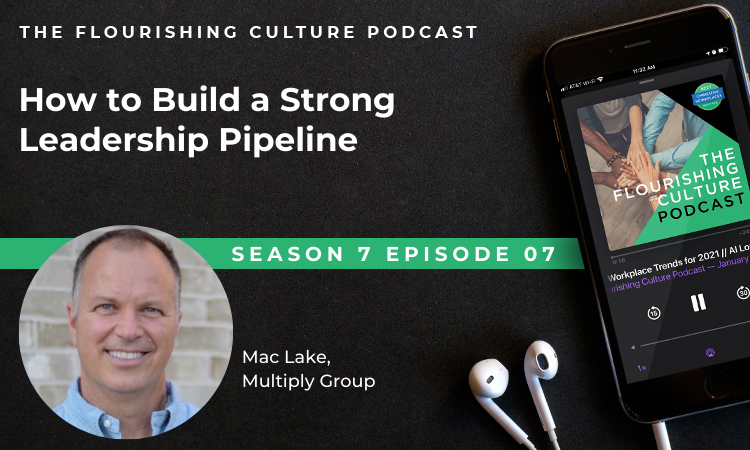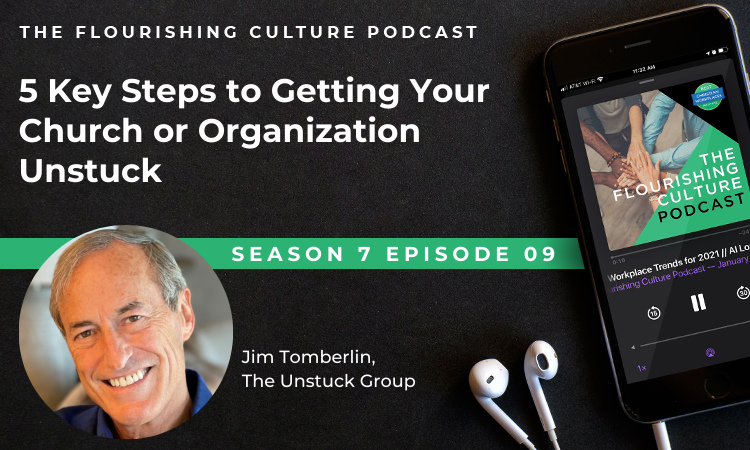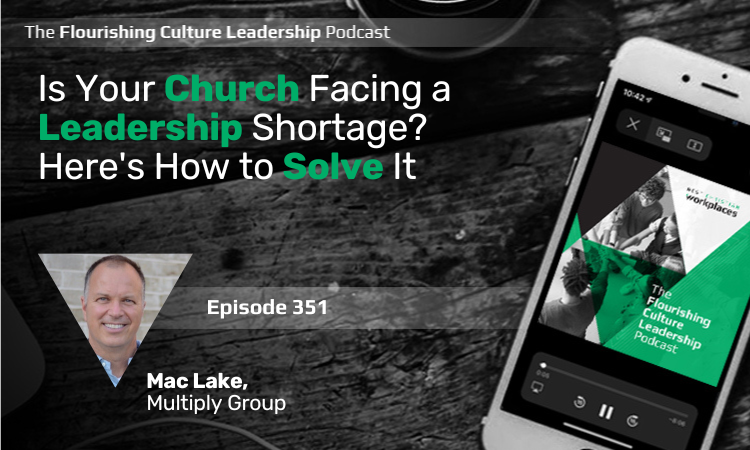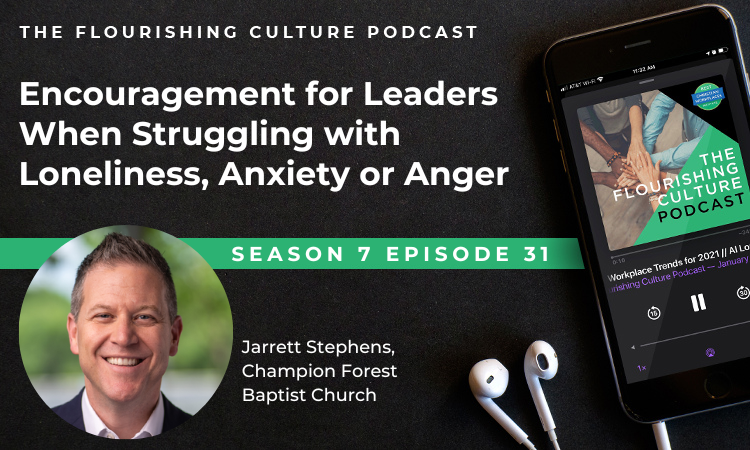Do you have a strong leadership bench pipeline that will facilitate your organization's future growth? Mac Lake, author of The Multiplication Effect: Building a Leadership Pipeline That Solves Your Leadership Shortage, discusses how to develop a leadership pipeline that will produce four new generations of leadership for your organization. Mac will help us understand the importance of developing leaders and how it is a core function of the local church.
Listen to the Audio
Listen on Apple Podcasts | Listen on Stitcher Radio | Listen on Google Podcasts
In this episode:
- Mac – share with us your early experience with leadership in the church – when you were planting a church and there was too much to do and not enough of you. (02:58)
- Recruited seven leaders to lead others (04:37)
- You connect leadership development with discipleship – flesh that idea out for us. Explain how leadership development and discipleship are not separate functions in the ministry of the church, but part of the overall vision. (05:50)
- How did Jesus develop people? (06:21)
- "Basic discipleship, I'm teaching someone to live like Jesus. With leadership development I'm discipling them to lead like Jesus." (08:21)
- "We have to spend a disproportionate about of them with the few to impact the many." (09:42)
- Often leaders get stuck trying to fill immediate needs and gaps, especially when working with volunteers. For example, it seems like our churches will always need more people in children’s ministry. How can leaders shift their thinking from filling gaps to training and empowering people? (10:04)
- There's a difference between leadership placement and leadership development (11:09)
- "When we do leadership placement, what happens is that people tend not to have the competencies needed for that role. And if they don't function with the competencies they need, their confidence will begin to wane." (11:12)
- Your focus is a people-oriented leadership development approach, not a program. Share about the importance of this focus on people in developing a leadership pipeline. (13:31)
- "The church defaults to a program-oriented approach to leadership development, which tends to be an old school form of development of the classroom-based approach. I advocate for a people-oriented approach. Let's go back to how Jesus developed leaders. He taught leaders in context, not a classroom. He asked a lot of questions. Not just telling. It was telling and asking." (14:26)
- If you want to have a multiplication effect think smaller and slower (16:00)
- In your book, you talk about “healthy spans of care” and the number of people one leader can effectively be responsible for. Expand on this idea for us and how it links to the need to multiply leaders. (16:35)
- Always be discipling three leaders (22:15)
- You have helped many churches thrive by multiplying leaders. Can you share an example of how you have seen a church culture go from struggling to flourishing as they embraced leadership development as core to their discipleship efforts? (22:59)
- Your work has been leadership development within the church context – can you extend this idea to nonprofit ministries or Christian-led businesses? How do these principles apply when the emphasis is on staff rather than volunteers? What are the similarities and differences? (27:21)
- "The leadership pipeline concept is a progressive development for individuals in your organization. Many churches and businesses, they structure for function. Who reports to who. Leadership pipeline changes it, you're structuring for development. What's every individual's next step? What's the next level of development we can take them to?" (27:37)
- "If you create a culture of developing people, their loyalty to you goes up." (28:41)
- As you think about leaders in their 20s and 30s – do you see the need for these principles of multiplication to adapt for the next generation of leaders? What is timeless and what might need to flex? (30:38)

Additional Resources
Buy Mac's Book: The Multiplication Effect: Building a Leadership Pipeline That Solves Your Leadership Shortage
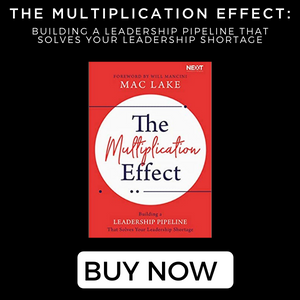
Read the Transcript
Read a complete, word-for-word transcript of the episode.
FOLLOW OUR HOST
Follow our Host, Al Lopus, on LinkedIn & Twitter.
Email our host at info@workplaces.org
 Best Christian Workplaces
:
February, 15 2022
Best Christian Workplaces
:
February, 15 2022
